All Your Sunscreen Questions Answered



Cortney Clift


By now, you probably know that it's crucial to use sunscreen before any sort of sun exposure. For most people, that means sunblock is something you should apply every day to prevent premature skin aging and to decrease your risk of skin cancer. But the reality is, most of us don't know much about this essential product aside from the fact that it protects the skin. How exactly does this lotion manage to block damaging sun rays? What does broad-spectrum protection really mean? What's the difference between a physical sunscreen and a chemical sunscreen?
Below, we'll discuss the different types of sunscreen, how they work, and how to decide which one might be best for you. We've even tapped dermatologist Julia Tzu, MD, founder and Medical Director of Wall Street Dermatology, for some expert advice.
It's about glam time you treated yourself.
Join IPSY

First, what is ultraviolet radiation?
Before we get into the different types of sunscreen, we need to learn a little more about what we're trying to stay protected from. The sun emits two different types of radiation: UVA rays and UVB rays. UVA rays feature a longer wavelength than UVB rays, meaning they can penetrate deeper into the skin and cause more damage. Overexposure to this type of UV light is a leading cause of skin damage and skin cancer. It can also cause wrinkles and fine lines.
UVB radiation, on the other hand, features a much shorter wavelength than UVA rays. While UVA rays are what can cause tanning, UVB rays are what can cause sunburns. They don't penetrate the skin as deeply as UVA, but can still cause damage. The strength of this type of ultraviolet radiation can vary widely depending on the time of day and your geographic location.
When a sunscreen protects you against both UVA rays and UVB rays it's considered to have broad-spectrum protection.
So, how does sunscreen work?
Now that we know what we're trying to keep out, let's discuss our options. There are two types of sunscreen: physical and chemical. These are both typically broad-spectrum sunscreens, but provide sun protection in different ways.
How does physical sunscreen work?
"Physical sunscreen [often referred to as mineral sunscreen] contains mineral ingredients such as zinc oxide and titanium dioxide that physically block out UV radiation," says Dr. Tzu. These active ingredients act as physical blockers, creating a sort of invisible shield against sun damage. They sit on top of the skin and cause UV rays to bounce off the skin.
What about chemical sunscreen?
Chemical sunscreens, on the other hand, contain non-mineral based chemical ingredients such as avobenzone and oxybenzone. "These chemicals absorb the incoming UV radiation, thereby preventing any absorption of the UV rays into the skin," explains Dr. Tzu. Basically, about 20 minutes after chemical sunscreen is applied, the product begins converting UV rays into heat. That heat is then released from the skin back into the environment.
Which is best for me?
Whether you choose a physical or chemical sunscreen depends on a few factors–mainly your skin type and your lifestyle.
When to choose physical sunscreen
"Most people can tolerate a combination of both physical and chemical sunscreens," Dr. Tzu says. "However, people with sensitive, allergy-prone skin may benefit from physical sunscreens, which do not cause as much irritation or allergic reactions to the skin."
People with heat-activated skin issues like rosacea and melasma may also prefer this type of sunscreen. Instead of absorbing and rereleasing heat as chemical sunscreens do, physical sunscreens can simply deflect UV rays. In addition to being sensitive skin-friendly, physical sunscreen also starts protecting the skin immediately upon application, meaning there is no waiting period.
One downside of this type of sunscreen is that it can sometimes leave a white cast on the skin. The intensity of the white cast will depend on whether the formula uses non-nanoparticles or nano-sized particles. The latter helps to create a smooth, transparent application, however, these particles are so small that they can also be harmful to sea life, meaning they're not considered to be reef-safe.
When to choose chemical sunscreen
If you know you'll be sweating in the sun or swimming, it may be best to opt for a chemical sunscreen. These formulas are more water-resistant than physical sunscreens and will protect you for a longer period of time. Protection levels begin to drop though when the formula comes into contact with direct UV light, so reapplication is still necessary throughout the day. They also require about 20 minutes to begin working, so be sure to apply chemical sunscreen before going out into the sun.
This style of sunblock is typically thinner than physical sunscreen and won't leave a white cast. However, it is more prone to causing skin irritation, especially if you have sensitive skin, and can clog pores.
You'll also want to look into whether or not the specific formula you have in mind is reef-safe. Some coral-rich destinations like Hawaii have started to ban sunscreen formulas that feature oxybenzone and octinoxate (two of the main ingredients in chemical sunscreen) as they've been associated with "reef bleaching."
When it comes down to it, the sunscreen type you choose will depend on both your skin type and what you plan to be doing that day. If you'll be staying dry and don't plan to be working up too much of a sweat, physical sunscreen will keep you protected and will be more gentle on the skin. If you're planning to hit the beach and work up a sweat playing a game of volleyball, chemical sunscreen may be more suited for your needs. Either way, always apply one or the other every single day. Whether it's bright and sunny or overcast, UV rays are present all day long and you always need that key layer of protection.
Want in on all the Glam Bag fun? Take our Beauty Quiz now to get started. And don’t forget to check us out on Instagram and Twitter @IPSY.
Liked this post? Share!
Related Stories
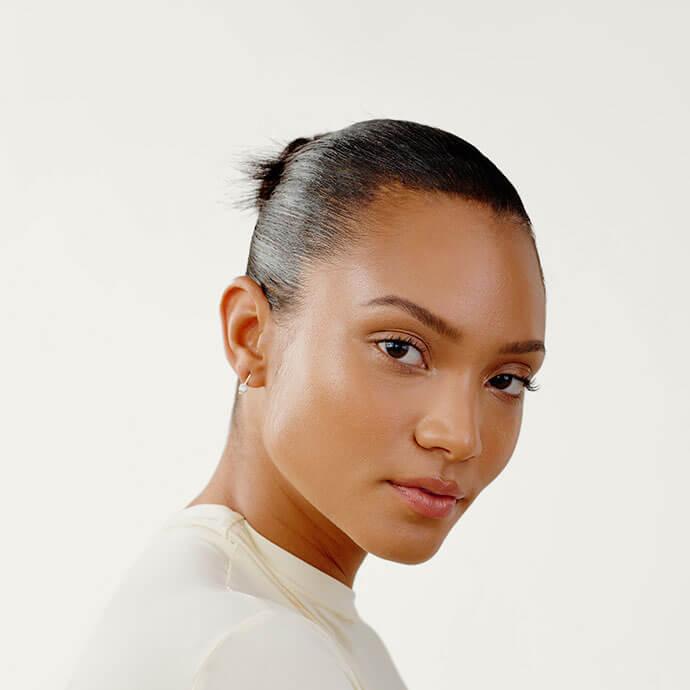
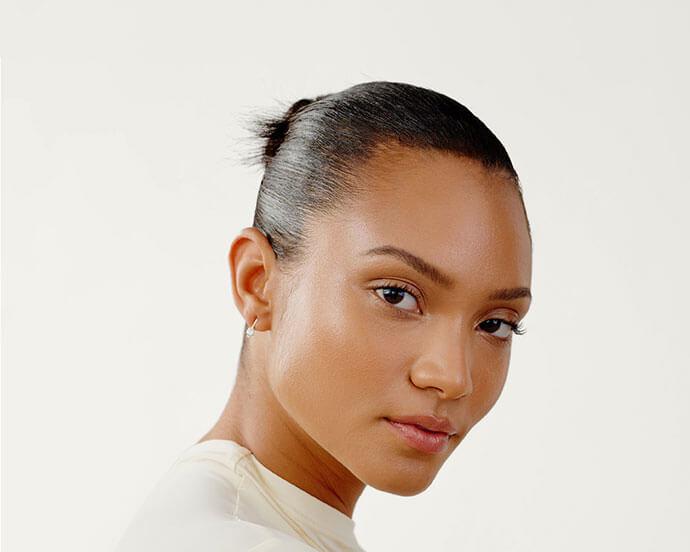
Skin
Skinimalism Is the Ultimate Stripped-Back Skincare Trend
Published on Jan 22, 2026 • 6 min read


Skin
Spring Is Coming—Is Your Skincare Ready?
Published on Jan 15, 2026 • 4 min read
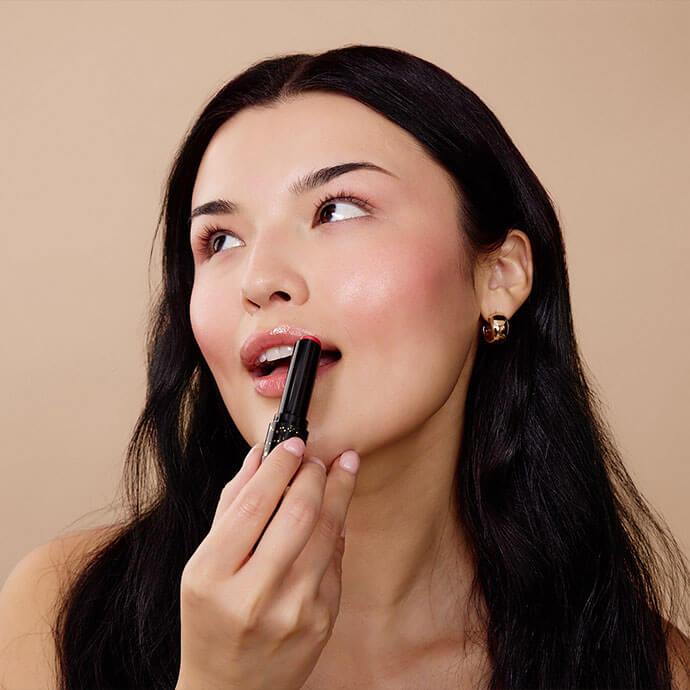
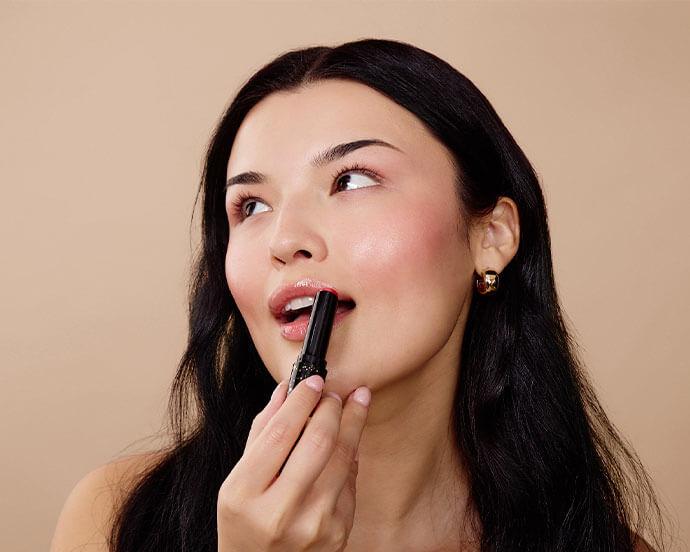
Skin
The Hydration Sandwich Trend Will Save Your Dry Lips This Winter
Published on Jan 13, 2026 • 4 min read


Skin
What Is the Skin Barrier & Why Is Everyone Talking About It?
Published on Jan 12, 2026 • 6 min read


Skin
The New Year Is the Perfect Time to Get Ahead of Inflammaging
Published on Dec 15, 2025 • 8 min read
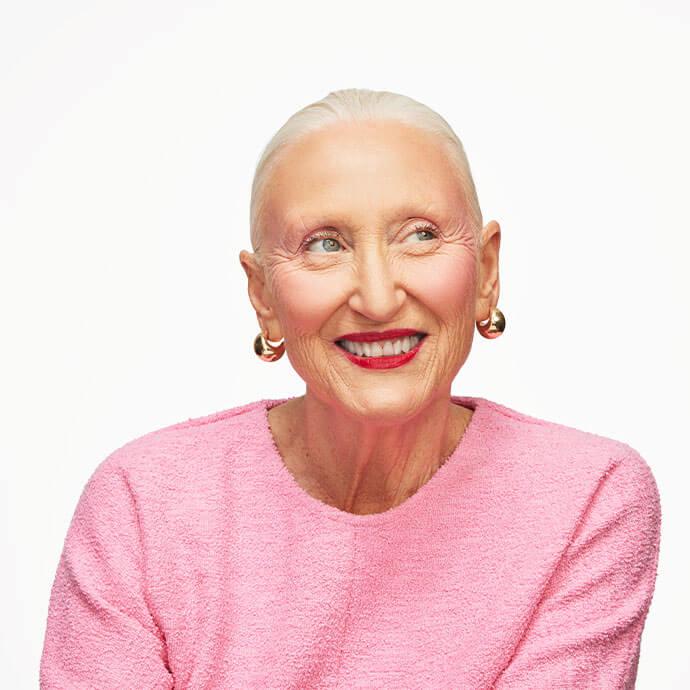
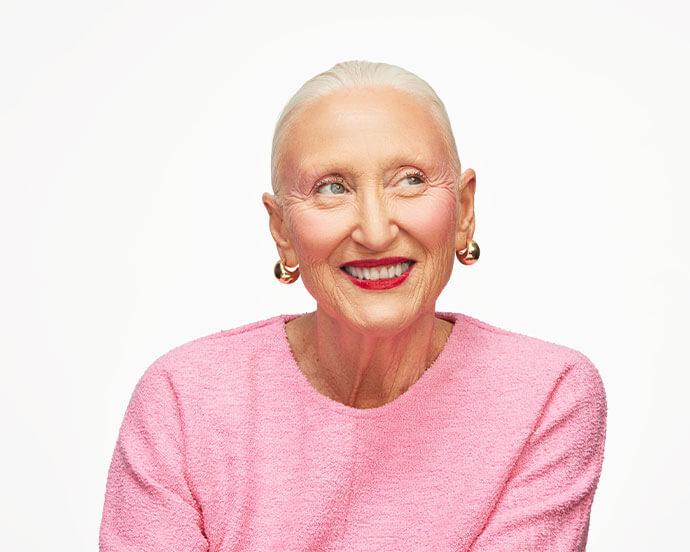
Skin
How to Adjust Your Skincare Routine for Mature Skin in the Winter
Published on Dec 4, 2025 • 7 min read


Skin
10 Thanksgiving Foods That Will Have Your Skin Coming Back for Seconds
Published on Oct 15, 2025 • 7 min read


Skin
Skin Texture 101: Your Guide to the Types of Skin Texture and How to Care for Them
Published on Oct 8, 2025 • 14 min read


Beauty Picked Just for You
Get 5 products worth up to $70
Plus exclusive access to epic deals up to 80% off
Starting at just $14/month. Cancel anytime.